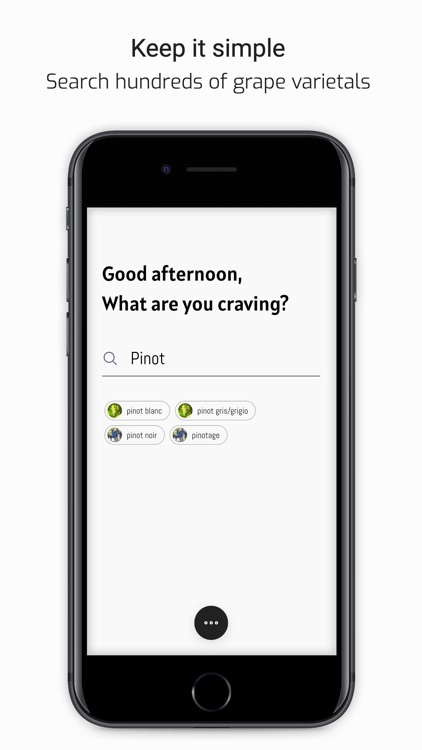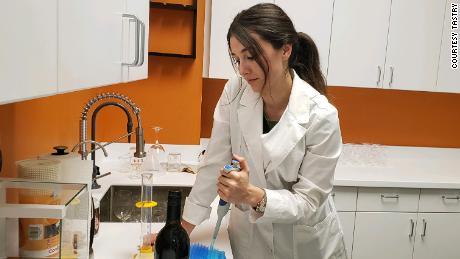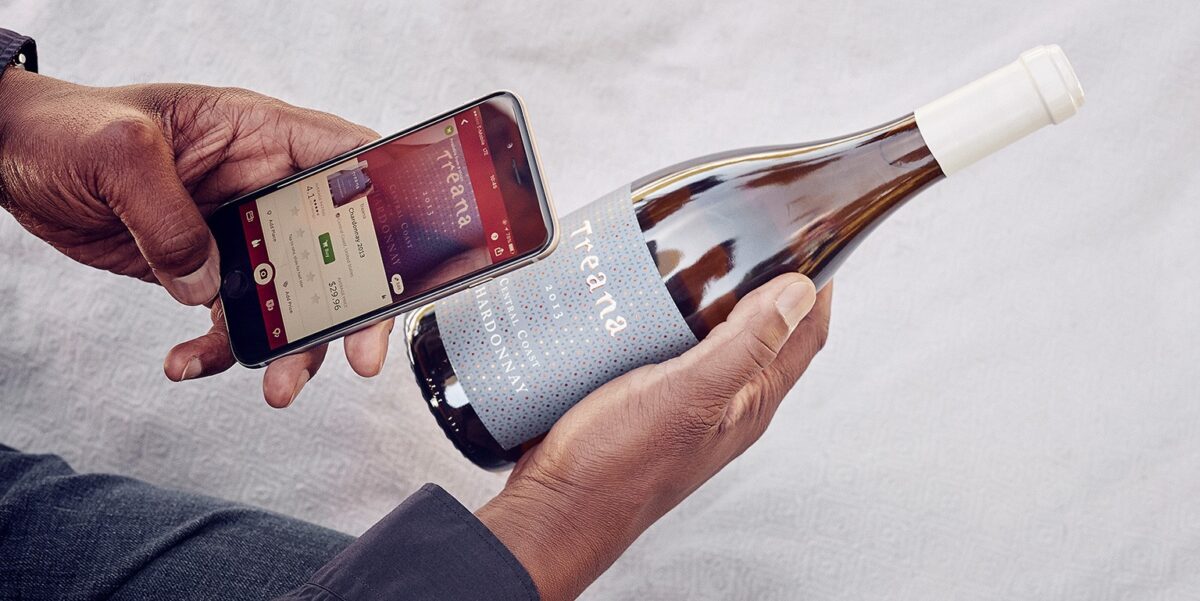The Moldovan wine industry, following its reception at ProWein, has entered a critical juncture. After the successful unveiling of two wines produced with the support of Artificial Intelligence, key stakeholders will seek further collaboration with the nation’s burgeoning tech and design sectors in the coming years, using innovation to strengthen their global competitiveness.
According to Wine of Moldova, this new landmark AI project involves a strategic partnership between several institutions: the National Office of Vine and Wine, the creative media technology hub, Mediacor, and the Technical University of Moldova. The goal is to set a global precedent for the unification of Artificial Intelligence and human expertise, in addition to facilitating ongoing development via the use of new technologies; $500 million has been earmarked for vineyard expansion, technological innovation, and production capacity.
Robert Joseph, consultant and author, commented: “A changing climate – which means far greater vintage variation as well as higher temperatures – requires innovative solutions. This project gives wine producers access to the nation’s growing AI expertise that could be a game-changer.”
At ProWein this year, a white blend of Feteasca Alba, Feteasca Regala and Viorica and a red wine Feteasca Neagra were presented to an international audience, both created with the assistance of Artificial Intelligence.
The wine industry is essential to Moldova’s economy, contributing around 3% of GDP and 8% of total exports, contributing to the livelihoods of over 50,000 families in rural areas. Premium labels are exported to 72 different countries – 55 percent of the country’s total exports are shipped to the EU.
“Moldova boasts a growing number of small new wineries, with young winemakers, while its larger ones are investing in vineyards and cellar equipment to produce more premium wines,” said Diana Lazar, AI Wine project lead.
Like every other wine-producing country, Moldova faces a range of challenges. However, stakeholders are in a strong position to meet these difficulties head on, taking full advantage of the solutions presented by future tech. A new era of cooperation between winegrowers and digital innovators has begun as Moldova offers valuable lessons for the rest of the world.





